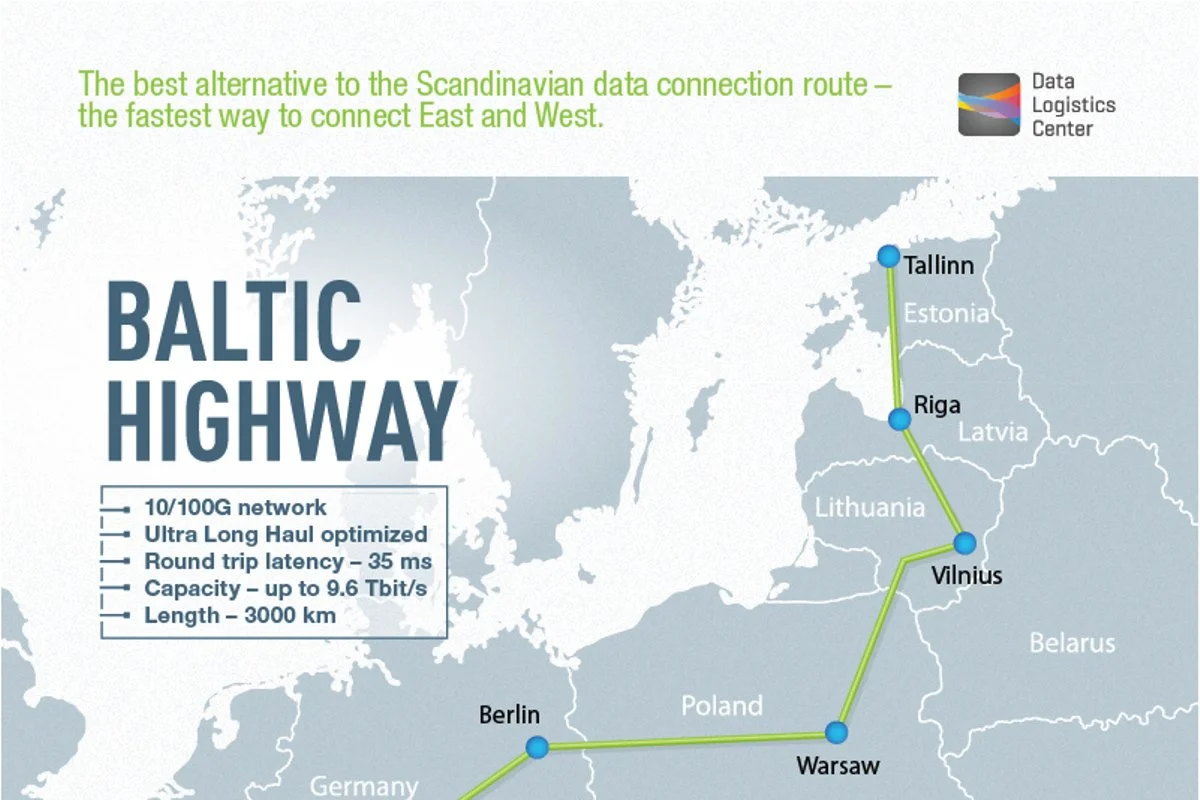
The Pros and Cons of Using Local SIM Cards
This article will delve into the pros and cons of this approach, providing a balanced view of its benefits and drawbacks.
The Allure of Local SIM Cards
Affordability and Accessibility Using Local SIM Cards
Local SIM cards are often an affordable option for travelers. They offer discounted rates for calls, texts, and data services within the country, saving you from hefty international roaming charges. You can usually find SIM card kiosks at airports or local mobile service providers in the city, making them easy to access upon arrival.
Authentic Local Experience
Using a local SIM card also allows you to have a local number, which can be handy for making restaurant reservations, booking local services, or even making new friends! It’s a small step towards immersing yourself in the local culture and lifestyle.
The Drawbacks of Local SIM Cards
Compatibility and Setup Hassles
Not all phones are compatible with all SIM cards. You need to have an unlocked phone to use a local SIM card. Moreover, each country has different SIM cards that need to be activated differently, which can be a hassle for some travelers.
Limited Coverage
Local SIM cards are just that – local. They work well within a specific geographical location, but if you’re planning to visit multiple countries, you might have to switch SIM cards as you cross borders.
Challenges of Buying SIM Cards for Late-Night Travelers
Traveling to a new country often comes with the challenge of staying connected. One common solution is to purchase a local SIM card upon arrival. However, this can present its own set of problems, especially for travelers arriving in the middle of the night. Many shops and kiosks selling SIM cards may not operate 24/7, leaving late-night arrivals without immediate access to local mobile services. This can be particularly problematic for those needing to make urgent calls, navigate to their accommodation, or simply stay connected.
Moreover, airports, which often do have 24/7 SIM card kiosks, are notorious for selling these cards at a premium. The convenience of immediate connectivity comes at a cost, and travelers may find themselves paying significantly more for a SIM card at the airport compared to prices in the city. These inflated costs can be a deterrent for budget-conscious travelers or those staying for an extended period, as the cost of mobile services can add up over time. Therefore, while buying a local SIM card can be a viable solution for staying connected while traveling, it’s important to consider the potential challenges and costs associated with it.
The BNESIM and Alertify Advantage
Companies like BNESIM and Alertify offer international SIM cards that work in multiple countries, providing a convenient alternative to local SIM cards. For instance, BNESIM eSIM offers coverage in over 200 countries. Similarly, Alertify shop offers various global SIM card that provides high-speed data in over 180 countries.
The Verdict
The decision between using local SIM cards, international SIM cards, or relying on your home carrier’s roaming services ultimately depends on your travel plans, budget, and personal preferences. If you’re a frequent traveler visiting multiple countries, an international SIM card from companies like BNESIM or Alertify Solutions might be a more convenient and cost-effective solution.
Conclusion Using Local SIM Cards
Whether you choose to use a local SIM card or an international one, staying connected while traveling doesn’t have to be a hassle or break the bank. With options like BNESIM and Alertify, you can enjoy your travels without worrying about staying connected.









